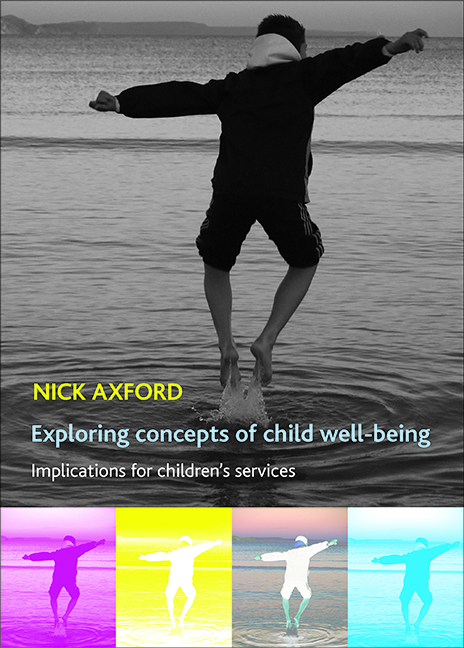Summary
The concept of well-being has entered public policy rhetoric in the UK and other western developed countries as a companion to other buzzwords of recent years. It is linked with the new science of well-being and happiness, also referred to as ‘hedonic psychology’ – which studies self-evaluated overall life satisfaction – its components, causes and correlates. Recent years have seen a flurry of academic and popular publications in this area (eg Kahneman et al, 1999; Huppert et al, 2005; Layard, 2005; Martin, 2005; Nettle, 2005; Haidt, 2006; Offer, 2006; Schoch, 2006). This shift has arguably been fuelled by macroeconomic and social trends:
With the collapse of Soviet state socialism and the triumph of market individualism, it appeared that the links between private property, capitalism, democracy and economic growth on the one hand and human well-being on the other, were unchallengeable. Now there are serious doubts over whether material prosperity leads to greater happiness, and whether individual freedom and consensual government supply the best institutional framework for well-being. (Jordan, 2006a, p 42)
However, the well-being approach has not yet been systematically applied to children. There is a growing body of research charting patterns of and trends in aspects of child well-being (Bradshaw and Mayhew, 2005; Ben-Arieh and Goerge, 2006; Bradshaw et al, 2007a, 2007b) and suddenly it seems that everyone involved in children's services in the UK and several other western developed countries is talking the language of ‘outcomes’ and ‘well-being’ (see Scott and Ward, 2005; McAuley et al, 2006). But it is easy to jump on bandwagons, and some caution is required. It is not yet clear if findings from adult populations can easily be transposed to child populations (Jordan, 2006a), and there could be a danger of discarding valuable perspectives in favour of a new one simply because they are unfashionable.
In any society there have always been children and young people whose wellbeing is viewed with concern. Among the different terms used to describe their predicament are need, violated rights, poverty, poor quality of life (QoL) and social exclusion. All are different ways of considering well-being. Sometimes, of course, these concepts are elided or used interchangeably, as in ‘poverty and social exclusion’.
- Type
- Chapter
- Information
- Exploring Concepts of Child Well-beingImplications for Children's Services, pp. 1 - 12Publisher: Bristol University PressPrint publication year: 2008



